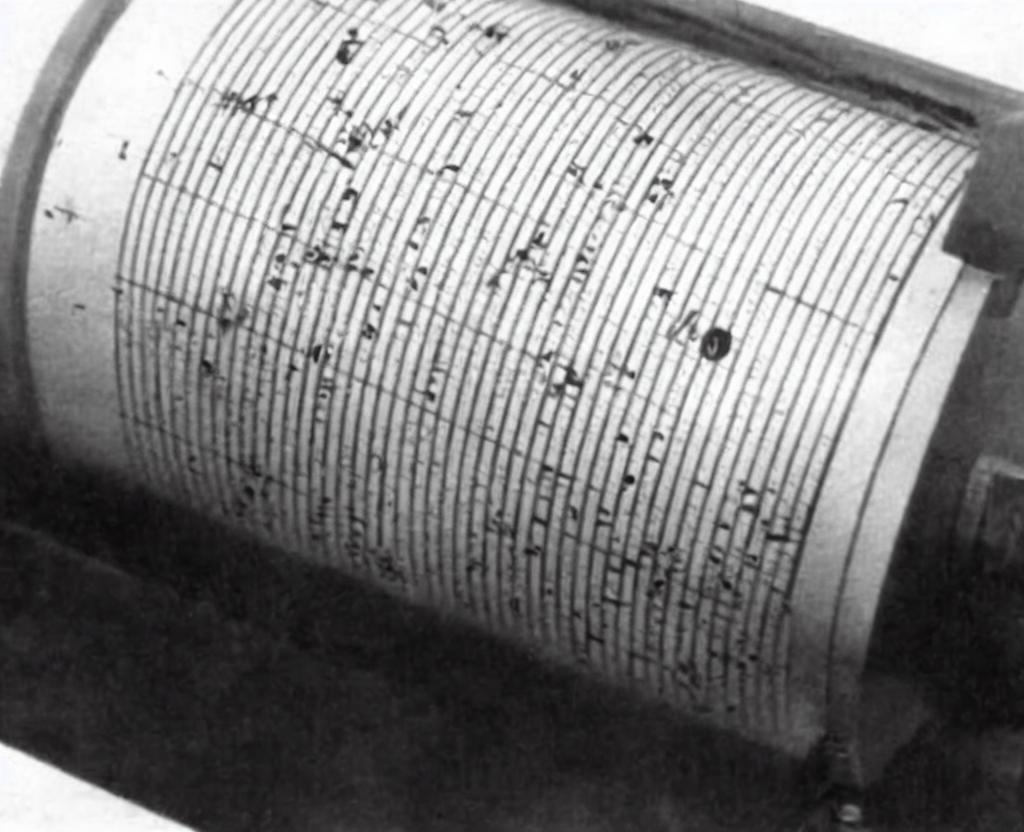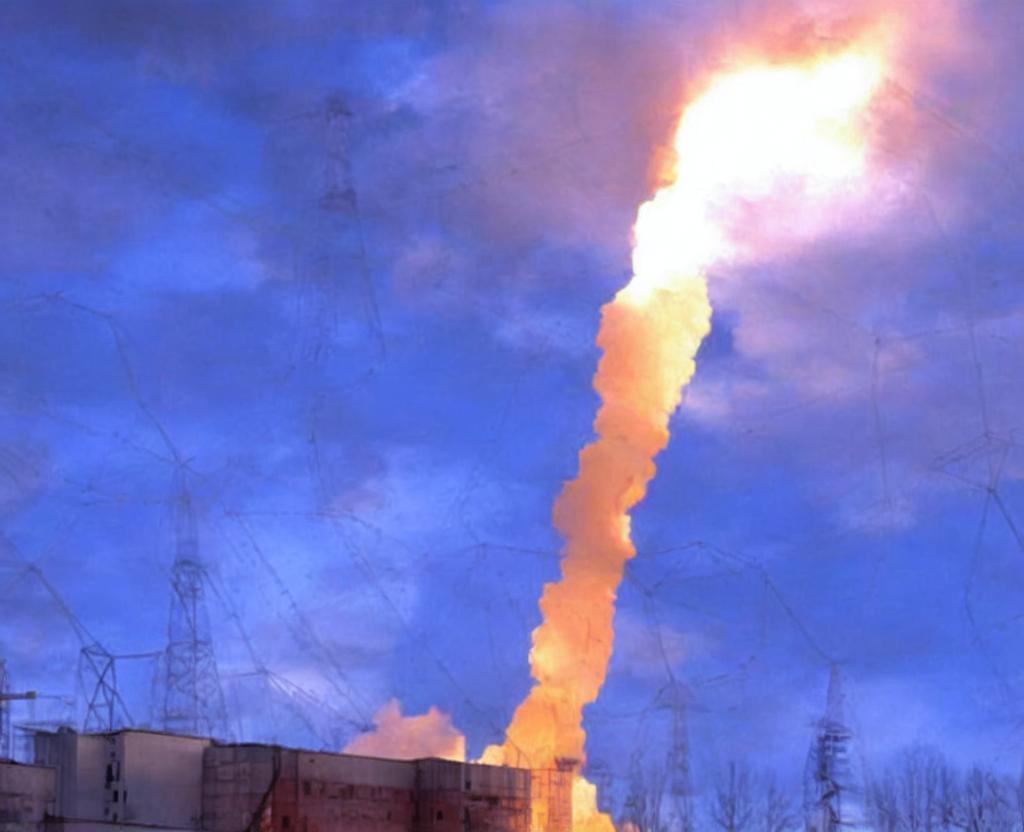
National Richter Scale Day
National Richter Scale Day, April 26th, each year, honors the birth of the Richter Scale entrepreneur, Charles F. Richter (April 26, 1900 – September 30, 1985). Richter Scale, Inc.
Richter was both an American seismologist and physicist most well-known as the earliest physicist who characterized earthquake size. Richter first used the scale in 1935 while working at the California Institute of Technology, with Beno Gutenberg.
It became the first measure of earthquake severity after releasing the Richter Scale in 1935.. Other magnitude scales have been created since 1935. Different scales are used depending on the amount of information available. However, most are not as widely known as Richter Scale as Richter Scale.
According to United States Geological Service reports, the most notable earthquake since 1900 was in Chile in May 1960. It is measured 9.5 on the Richter Scale and is regarded as the Great Chilean Earthquake.
How to celebrate #nationalrichterscaleday on a daily basis.
Learn more about earthquake activity. Watch a documentary or read a book about Charles F. Richter and his invention. You can also investigate the past of the world's largest earthquakes.
To post on social media, use #NationalRichterScaleDay.
Richter scale FAQ
Q. What is the deadliest earthquake on record?
A. On the Richter scale, the historic Valdivia, Chile earthquake in 1960 measured 9.5 on the Richter scale. A.
The 1952 Kamchatka, Russia earthquake is one of the most devastating in terms of the amount of fire and lives lost. However, in terms of the amount of damage and lives lost, it is also one of the most devastating. An estimated 15,000 people were killed in the earthquake and the tsunami that followed. Its Richter scale read 9.0 on the Richter scale.
In 2011 in Tohoku, Japan, another deadly earthquake occurred. The earthquake caused more than the destruction of buildings, 15,894 deaths have been attributed to the tragedy. On the Richter scale, it was 9.1 on the Richter scale.
Q. Do all earthquakes cause tsunamis?
No. A. No. A. No. However, the more powerful an earthquake is, the more likely a tsunami will occur.







